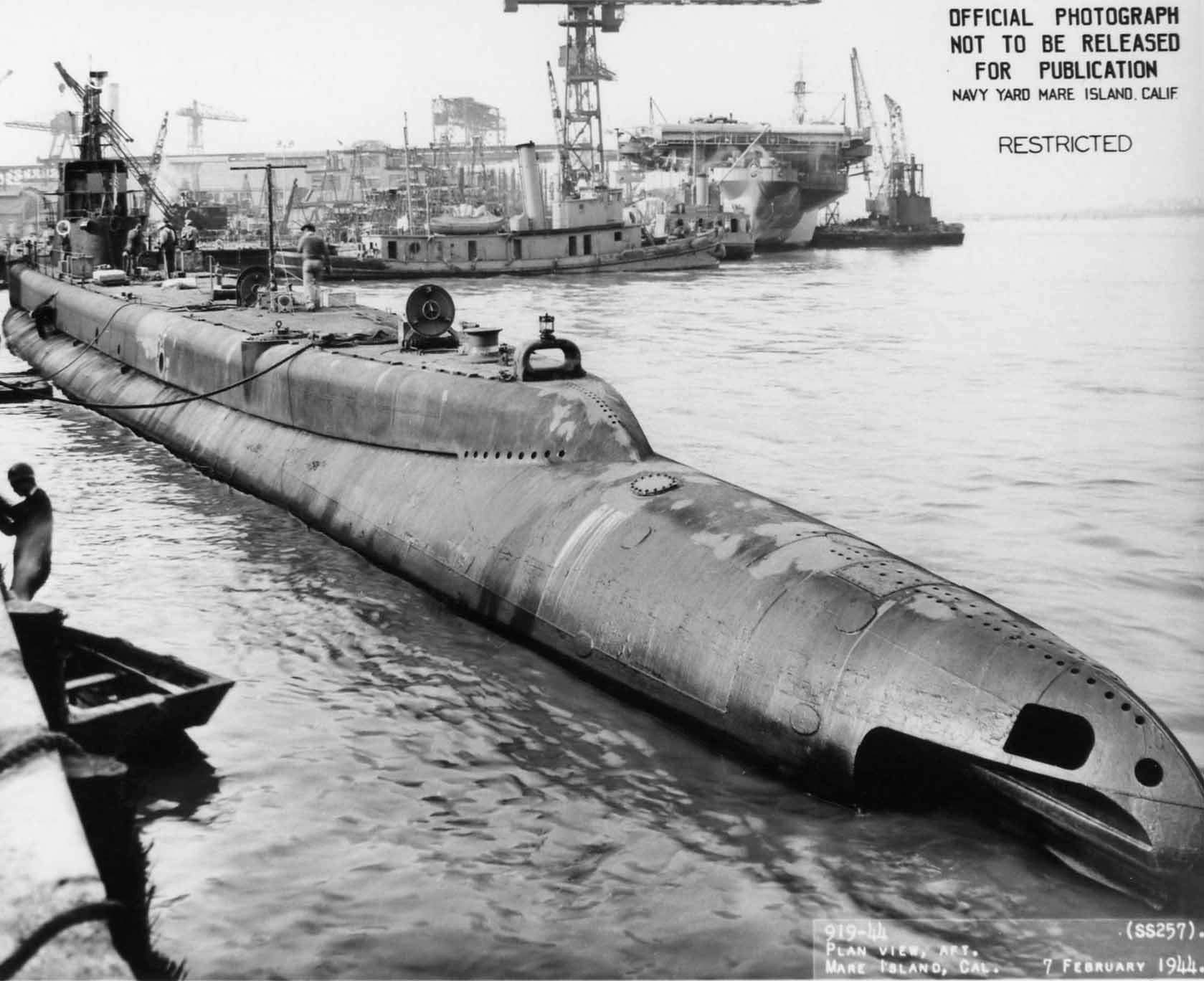

If you have an ancestor who would have been eligible to receive a pension from the British army between 1760 and 1920, come explore Fold3’s UK, Royal Hospital Chelsea Pensioner Soldier Service Records!
This collection contains records for British soldiers (not officers) who received a pension from the British army. Pensions were distributed by the Royal Hospital Chelsea, which was founded in 1682. Some pensioners (called “in-pensioners”) actually lived at the Royal Hospital Chelsea, but many more (called “out-pensioners”) simply received the pension money and lived elsewhere.
The documents in this collection regard pensions distributed by the Royal Hospital Chelsea between 1760 and 1920. They typically do not include records for soldiers who died in service or who were discharged early (and thus did not receive a pension). However, some earlier records in the collection may have information on men who were not approved for pensions or who bought themselves out of their regiment.
Some records contain more information than others, and pension documents after 1883 typically have more details regarding the soldier (e.g., information about next of kin and details of marriage and children) and his service. Common details that might be found in the pension records include age, birthplace, service details (including any decorations), physical description, previous occupation on enlistment, and the reason for discharge to pension. Documents that are most commonly included are:
- discharge forms, which were issued when a soldier left the regiment
- attestation forms, which are the documents signed by the new recruit
- the proceedings of a regimental board and record of service, which was a later variety of discharge form
- a variety of supporting correspondence
- questionnaires of past service, which an applicant for an in-pension completed if others documents had not survived
- affidavits, which out-pensioners outside London made every quarter to state that they were not drawing on other public funds
- Medical history
On Fold3, the records in this collection are organized in the same manner outlined by the National Archives of the UK, namely:
- for the period 1760-1872 the documents are arranged alphabetically by name within regiment, including militia to 1854
- from 1873-1882 the documents are arranged alphabetically under cavalry, artillery, infantry and corps
- from 1883-1913 there are two alphabetical sequences for the entire army for discharge papers arranged by range of surname: 1883-1900 and 1900-1913
Since this is the case, you may find it faster to locate an individual by searching first, rather than browsing.
Do you have any ancestors that appear in the UK, Royal Hospital Chelsea Pensioner Soldier Service Records? Tell us about them! Or get started searching or browsing the collection on Fold3.





Does this record include those serving in British regiments outside England?
I hope at some point that Fold3.com (and/or Ancestry.com) be able to track down and add records for anyone who was taken prisoner by the British during the American Revolutionary War. I have an American ancestor, my 5th Great Grandfather (Joseph Yates, who was married to Sarah Atmar) who I feel inclined to believe that he may have been taken prisoner and possibly died on a British run POW ship, perhaps amid or after the Siege of Charleston in 1780. I know he fought in a Charleston, SC regiment for the U.S. side, and that his father-in-law, Ralph Atmar (Atmore), was held onboard the prison-ship Torbay in May 1781 in Charleston Harbor (from “The History of the Revolution of South-Carolina: From a British Province to an Independent State, Volume 2” by David Ramsay, M.D. – published by Isaac Collins, 1785 – page 541). I would so dearly love to know exactly what happened to him, my ancestor, Joseph Yates.
I have a great interest in Irish conscription, namely for Braddocks army. The Brits kept records, however I can not find a single listing of soldiers in either the 44th or 48th British regiments, apparently whom a great grandfather (Edward McFeely) far removed was conscripted. Survived the battle at Battle of the Monongahela, returned home, married a “green eyed Irish lass” (according to family history which is real helpful in genealogy!!!) and returned to what is now Cumberland, PA. Died in a well collapse in 1775.
I have relatives that served. I am 30% British, 26% Native American (Choctaw & Creek) 22% German and 22% other.
I have relatives who served in the from 1827-1865 in India, I cannot find out what happened to spouse or children if/or they returned to Ireland after service after he was medically discharged. What happened to Widows when their husbands died in service while overseas